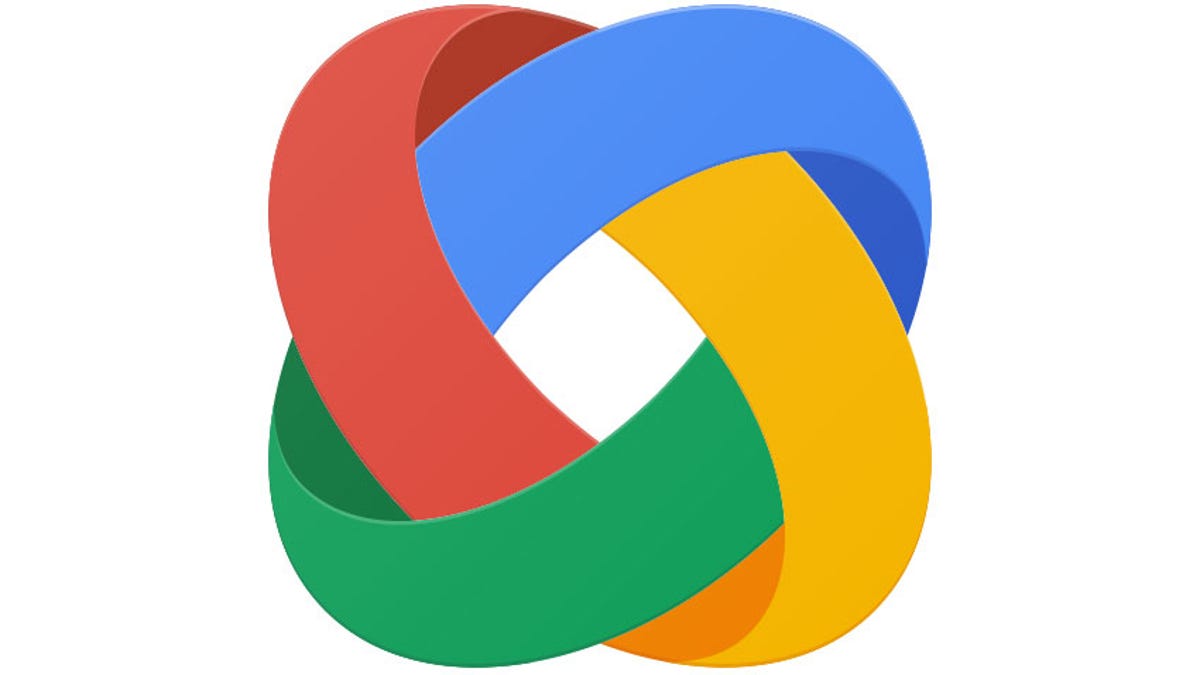Don't laugh: Google's Parsey McParseface is a serious IQ boost for computers
Google offers free use of SyntaxNet technology, a boon to anyone trying to get computers to understand natural human language.

Google has a big gift for anyone trying to fulfill the promise of artificial intelligence: software that helps computers understand human speech and text.
The parser software, called SyntaxNet, breaks sentences down into components to better understand the meaning of words -- a boon to AI developers trying to get computers to grok natural language. On Thursday, SyntaxNet became open-source software so anyone can use it for free and modify it however they want.
Google did the same in 2015 with another AI technology, TensorFlow, which lets anyone link computers into a neural network that can process data in a way analogous to our own biological brains. Facebook, which also is conducting extensive research into AI, has likewise open-sourced its Torch software for machine learning and computer vision.
Artificial intelligence, the science of making computers think more like humans, has become a major area of interest for technology companies in recent years. While it's an under-the-hood and often arcane pursuit, AI sometimes bursts into public view. That was the case in March when Google's DeepMind software scored a decisive victory against a human champ in the complex game of Go, long thought to be one of the most difficult challenges for a computer.
Google CEO Sundar Pichai reflected last month on the broader implications of the Go victory. "This is another important step toward creating artificial intelligence that can help us in everything from accomplishing our daily tasks and travels, to eventually tackling even bigger challenges like climate change and cancer diagnosis," he said.
Neural networks aren't useful until they've been trained on massive quantities of real-world data, for example by processing millions of images or listening to thousands of hours of speech. With SyntaxNet, Google isn't just releasing the basic neural network framework. It's also releasing Parsey McParseface, the fruits of its work to train SyntaxNet to parse English, a task you may remember from your middle school years. It's only one language, but it's a major help.
And of course it pays tribute to Boaty McBoatface, the name made famous by an online contest to name a UK research ship.

